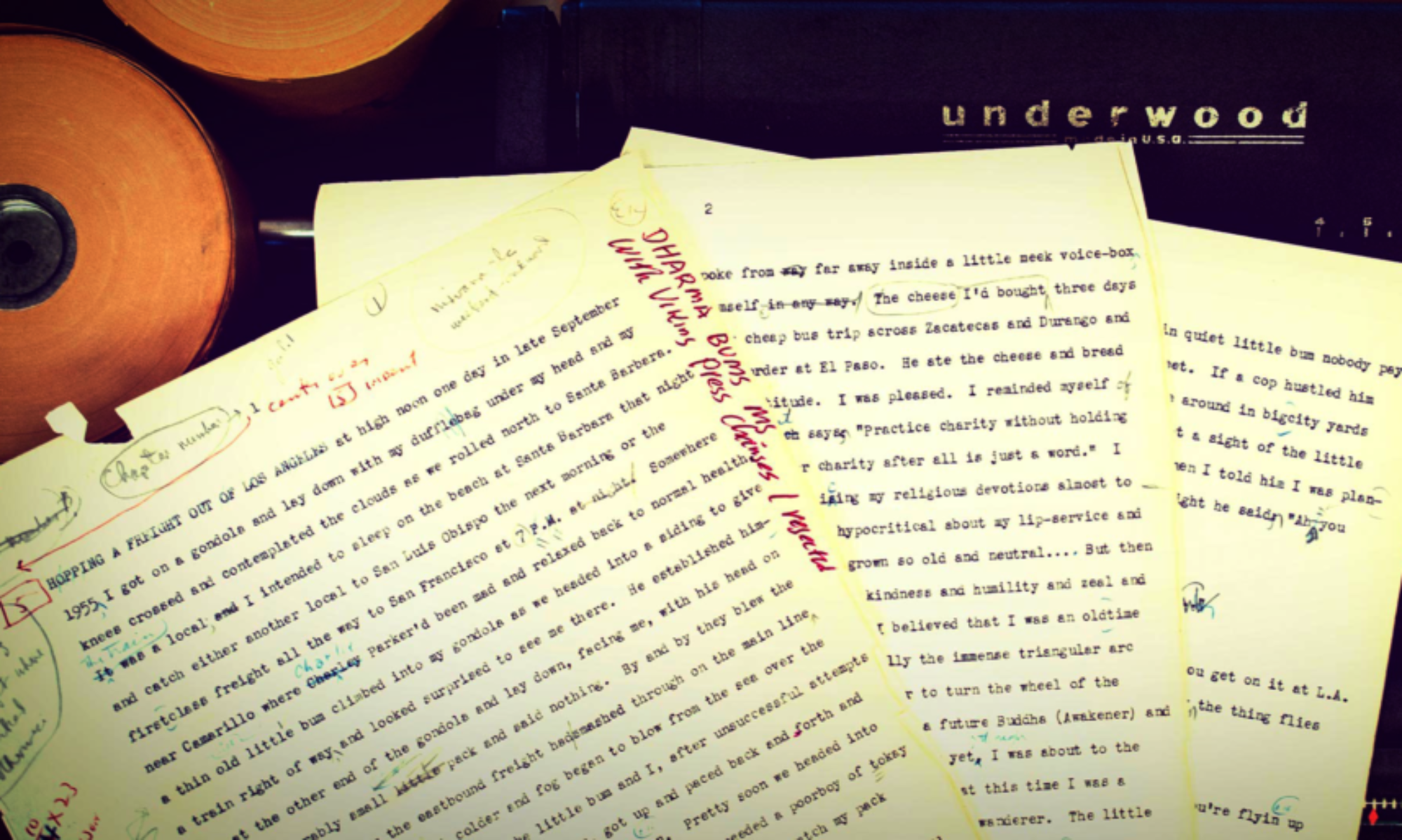This summer, Emory partnered with Plympton, a San Francisco-based literary studio that focuses on innovation in publishing, to offer paid internships to thirteen students, most of them English majors. Plympton works across a range of practices, from story format to book cover design to library licenses to writer compensation. It is also building a database of short stories, called the Writing Atlas, which includes rich information about each story, such as plot summaries and reader annotations, to help understand why some stories have been successful and how some might also be successful as TV or film adaptations. It aspires to be the world’s most comprehensive database of short stories.
Emory student interns each read approximately one hundred and twenty short stories this summer, most from the history of the Best American Short Story series, and prepared accounts of them for the Writing Atlas. In addition, they had opportunities to meet with industry professionals. Each week, Plympton hosted figures working in a range of positions to speak with and take questions from the interns, which allowed them to explore possible careers. Finally, Plympton invited interns to share their particular passions and helped them find special projects to take on, which included working with adaptation rights from literature to film, designing ebook covers, and writing treatments of novels for Hollywood producers.
The Department of English is delighted to spotlight Elizabeth Hsieh’s participation in the internship, read her reflections below!
 | Elizabeth Hsieh English Major Emory University, Class of 2023 Pronouns: She/Her |
I had the pleasure of working as an Emory Fellow for Plympton Literary Studio over the summer. As part of a new program with the English department, the interns from Emory helped with the development of a database for short stories, the Writing Atlas. Going into the summer, I was not sure if any opportunities related to my English major would be available during all the craziness with COVID. I was skeptical of online internships and questioned whether they would allow me to get real experience, but working with Plympton was extremely hands-on. My favorite part was getting to explore areas in the literary world that I had never considered before. As an English major, I often get questioned about what my professional plans are following college. Many people have the idea that the only options are graduate school or working as an educator. My internship really opened my eyes to the creative, engaging, and multidisciplinary opportunities that are available to English majors. They invited leaders and businesswomen and men from multiple industries to have small zoom discussions each week. It was so fun to learn about fields that I did not even know existed, such as agencies and management companies specifically for adaptation. Plympton also supported me in exploring my personal interests in law and publishing. When I told the project managers that I was feeling a bit stuck between the two areas, they allowed me to see contracts and even explained legal concepts to help me get a better feel of that type of work.
Another part of the internship I loved was getting to apply the knowledge and skills I have picked up in my classes. The Emory Fellows mainly focused on creating summaries for all the Best American Short Stories published since the 1940s. We also wrote tags for the stories and wrote loglines. As I read through the stories, it was so satisfying to find a story that fit into a certain literary movement or genre I had previously learned about. For example, I took a Southern Literature class with Professor Ladd, and it came in handy so many times when reading stories from southern writers. I found myself recognizing core themes and trends and being able to fit the story into a greater picture. I know that without that class, I might have blown right past some symbolic moments when writing my summaries. My classes also prepared me to deal with stories that had more sensitive themes of race, slavery, gender, or sexuality. Being informed about the context in which certain stories were written made me feel a bit more comfortable and clear-sighted. Overall, the database we worked on is meant to help others understand the gist of a story without having to read it themselves, so it was great to be able to point out core themes, motifs, and other details that went beyond the basic plot. As a student who has benefited a great deal from literary databases, I found it truly gratifying to apply my knowledge from Emory to help someone else’s research on professional projects.

